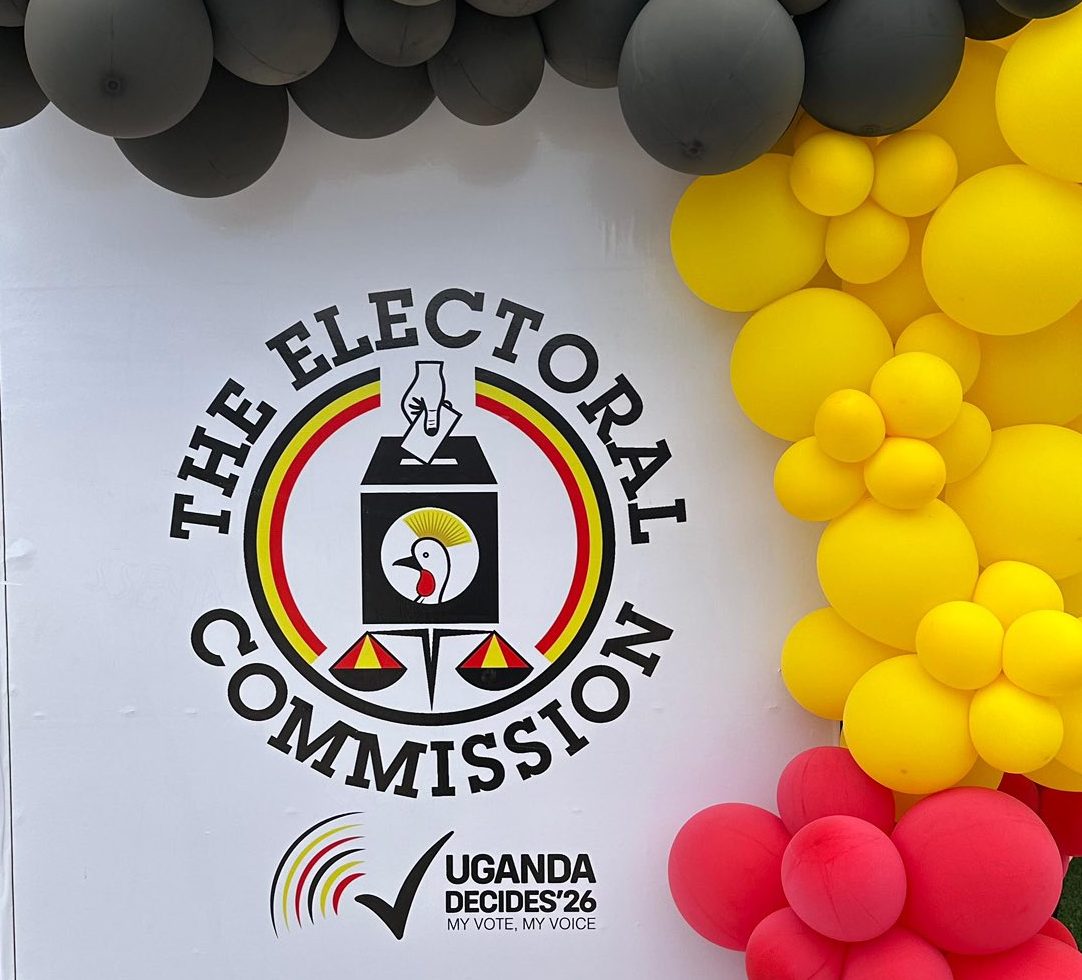The Electoral Commission (EC) plans to deploy 109,100 Biometric Voter Verification Kits (BVVKs) across the country’s 50,739 polling stations during the 2026 general elections.
On 28 October 2025, the EC received the first batch of 60,000 BVVKs. The remaining 49,100 kits are expected to arrive by the end of November from the manufacturer in China.
Speaking on Thursday, Paul Bukenya, the Deputy Spokesperson of the Commission, said biometric verification is a mandatory step in confirming a voter’s identity before any ballot is issued. He explained that the deployment plan allocates two kits to every polling station, with additional devices reserved for training and backup.
“Biometric verification remains a critical safeguard. Every voter must be verified before they vote. Deploying two kits per station ensures continuity even when one device fails,” Bukenya said.
EC Chairperson Justice Simon Byabakama has previously described the kits as indispensable tools that reinforce transparency and credibility in the polling exercise.
With the EC projecting more than 18.1 million registered voters and an expanded number of polling stations, questions have emerged about whether the incoming kits and their deployment timelines will be sufficient. Bukenya maintained that the Commission’s logistical pipeline remains intact, noting that teams are simultaneously handling the printing, sealing, and transportation of ballot materials, as well as analysing key electoral data.
The Commission is also preparing ballot papers for 45,505 elective positions. These contests attracted 83,597 candidates, including eight presidential aspirants, more than two thousand direct parliamentary contenders, hundreds of district women MP nominees, and thousands of candidates at subnational levels. According to the EC, each ballot must go through artwork development, proofreading, approval, printing, and packing before it is dispatched to the field.
To support the process, the EC is set to recruit and deploy 405,912 polling officials, averaging eight officers per polling station. A separate team of 35,000 technical personnel is already undergoing training to supervise the four rounds of the election cycle, covering presidential, parliamentary, special interest group, and local government elections.
Despite the Commission’s assurances that operations are on schedule, segments of the public remain sceptical. In Kampala, taxi driver Jimmy Ssembago questioned the credibility of an election overseen by an EC chairperson appointed by the incumbent, who is also a candidate. He argued that such an arrangement undermines public confidence and makes the promise of a free and fair election unlikely.
In Kireka, trader Maureen Abalo expressed concerns over delayed deployment and malfunctioning equipment, recalling instances in previous elections where kits arrived late or failed to work, particularly in hard-to-reach districts like Otuke, bordered by Agago to the north, Abim to the northeast, and Napak. She said she hopes the Commission will ensure timely and reliable deployment this time.
Another voter, Alex Gezaho, voiced similar doubts, warning that rural areas often experience logistical neglect. He said he would not be surprised if kits did not reach on time or failed to function properly, arguing that past patterns had eroded public trust.
Under Article 61 of the Constitution, the Electoral Commission is mandated to organise regular, free and fair elections. While the introduction of biometric verification is part of its strategy to curb impersonation and multiple voting, civil society and opposition actors have long insisted that credible elections require more than technology. They argue that institutional independence, public trust, and timely preparation remain key determinants of electoral legitimacy.
***URN***

